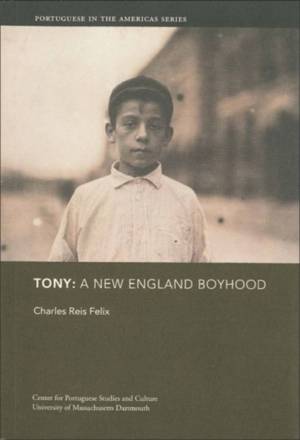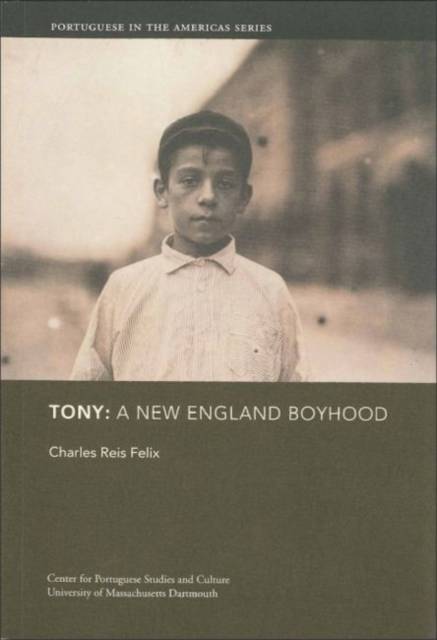
- Afhalen na 1 uur in een winkel met voorraad
- Gratis thuislevering in België vanaf € 30
- Ruim aanbod met 7 miljoen producten
- Afhalen na 1 uur in een winkel met voorraad
- Gratis thuislevering in België vanaf € 30
- Ruim aanbod met 7 miljoen producten
Zoeken
Omschrijving
Tony: A New England Boyhood is an autobiographical novel about growing up in Gaw (New Bedford), Massachusetts in the 1930s much in the same way that Thomas Bailey Aldrich's celebrated boyhood novel, The Story of a Bad Boy, recounts his adventures growing up in Portsmouth, New Hampshire. But there are sharp differences between the two novels. Instead of a Yankee in a small town, we have a Portuguese boy, Tony Alfama, in an industrial city. Felix presents a rounded-out picture of Tony. You see Tony at home with his mother. You see him with the gang on the street. You see him at school. You see him looking for work in the last chapter. But most of all you see him with his best friend Lommy as they explore the city, doing things that require no money: watching a baseball game, watching girls bowl at the bowling alley, watching girls sunbathe at Lindamar Beach, watching the vaudeville acts on a Saturday night from the doorway of Cozy's Café, watching the hula-hula dancers and "the only living her-MAW-phro-dite in the world" gives short demonstrations at the carnival. Raging hormones play a major role in the novel. Tony and Lommy are drawn to the eternal magnet of woman. Determined to have a sexual experience, they set out on a quest to find a girl or woman who will accommodate them. When they finally find her lying on the sand of Lindamar Beach one dark night, it does not end the way they had expected. With unblinking honesty, Felix examines a life lived. He recaptures a time and place in history that is receding ever more distant from us. The argument could be made that the second main character in the novel is the city of Gaw itself. Despite his seriousness, Felix is playful at times and manages to find humor in many situations.
Specificaties
Betrokkenen
- Auteur(s):
- Uitgeverij:
Inhoud
- Aantal bladzijden:
- 276
- Taal:
- Engels
- Reeks:
- Reeksnummer:
- nr. 10
Eigenschappen
- Productcode (EAN):
- 9781933227245
- Verschijningsdatum:
- 1/12/2008
- Uitvoering:
- Paperback
- Formaat:
- Trade paperback (VS)
- Afmetingen:
- 150 mm x 224 mm
- Gewicht:
- 476 g

Alleen bij Standaard Boekhandel
+ 52 punten op je klantenkaart van Standaard Boekhandel
Beoordelingen
We publiceren alleen reviews die voldoen aan de voorwaarden voor reviews. Bekijk onze voorwaarden voor reviews.








